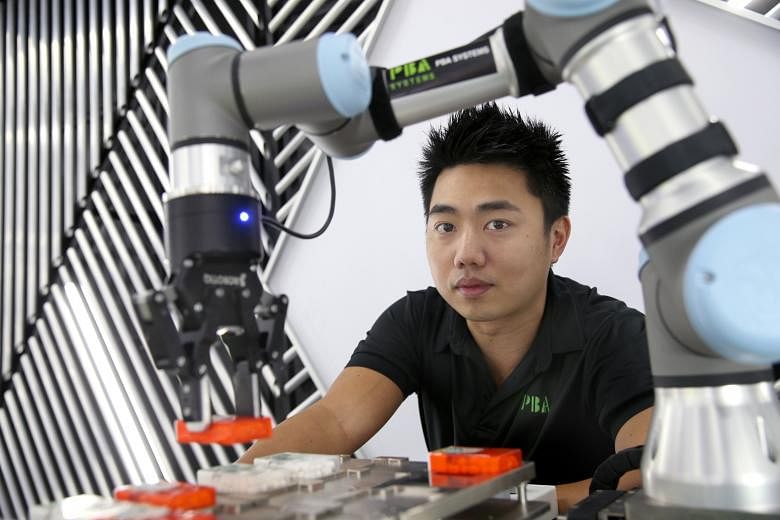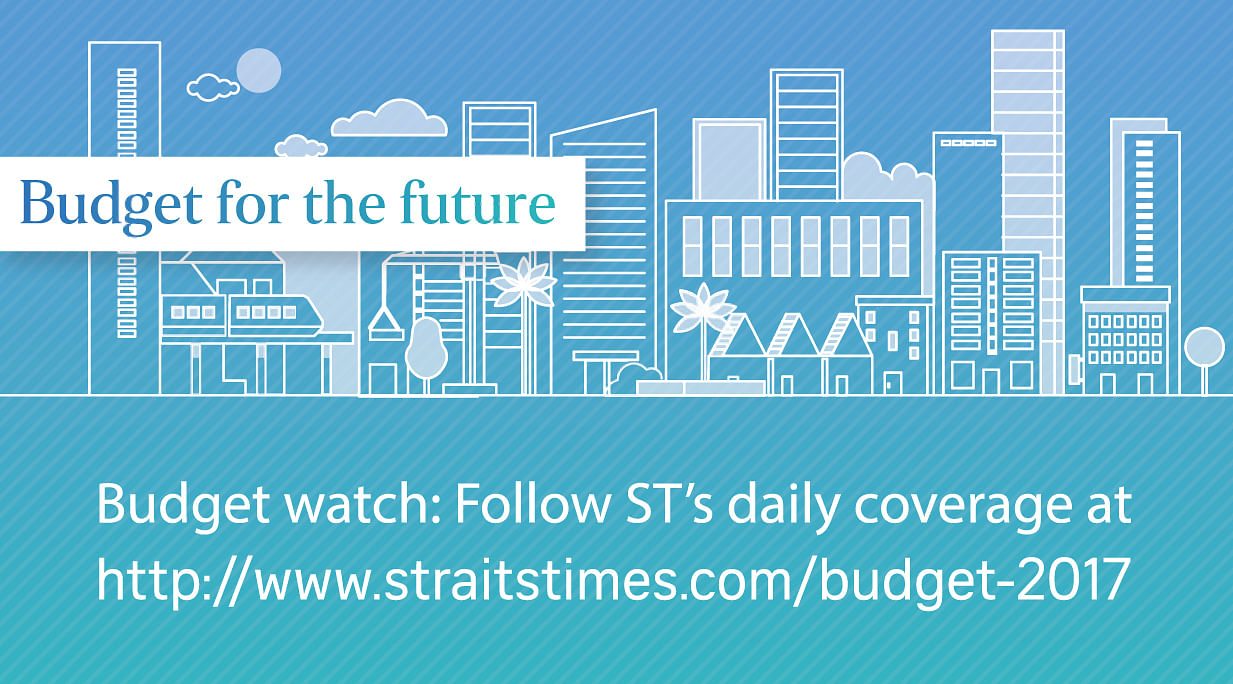Small and medium-sized enterprises have been urged to innovate over the past decade, and one got a head start when it decided to completely revamp its business model and jump feet first into innovation, back in the 1990s.
PBA Group started out in 1987 as a distributor of bearings, but in 1997, the company decided it was time to shake things up.
"The business was still thriving but we decided to pivot and innovate, and conduct research and development so we could eventually own our own intellectual property (IP)," recalls chief executive officer Derrick Yap.
"We felt that with our own IP we'd be able to have more sustainable growth and be more in control of our future."
The company was already exposed to various technologies through the distribution business, so its next step was to identify those technologies which it expected to have future growth potential, and start developing innovations of its own.
It now holds several IPs of its own and has even begun training other companies on how to begin their innovation journey through Race, a non-profit robotics hub that it runs, in cooperation with professors from Nanyang Technological University.
And last year, the firm went a step further, launching its own start-up incubator named Anti, to nurture young companies that are focused on robotics, automation and deep technology.
Mr Yap hopes the Budget will have more support not just for SMEs, but also for education as well, to supply future professionals to the robotics industry, which faces a dearth of talent.
"I hope there'll be more focus on engineering, manufacturing and factory automation. We think these will continue to be the foundation of Singapore's economy," he says.
Correction note: The original version of this article said that PBA Group ran its robotics hub, Race, together with Nanyang Technological University. This is incorrect. Race is a collaboration between PBA Group and professors from NTU.



